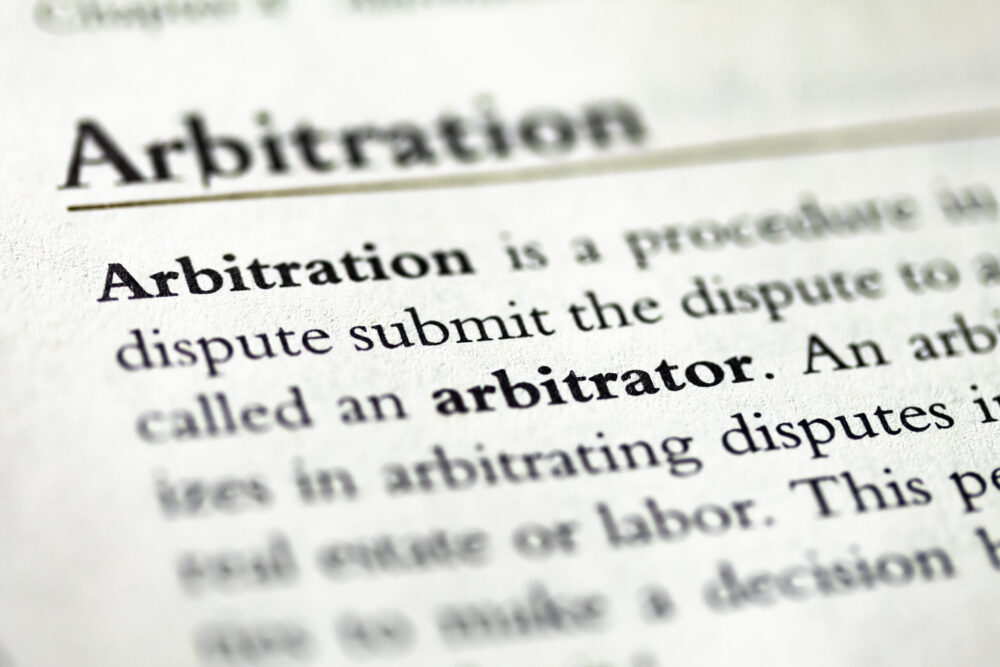
Is Arbitration Better Than Going To Court?
Usually, the answer is “Yes, absolutely!”
As a society, we have long relied on the court system to resolve disputes. However, there is a growing trend towards alternative dispute resolution methods, such as arbitration. There are several reasons why arbitration is often a better option than going to court.
First, arbitration is typically faster than going to court. Court cases can take years to resolve, whereas arbitration typically takes just a few months. This is because arbitration hearings are scheduled more quickly, and the process is less formal than in court, with fewer procedural hurdles to overcome. This can be especially important in disputes where time is of the essence.
Second, arbitration is usually much less expensive than going to court. Court cases can involve significant legal fees, expert witness costs, and other expenses that can add up very quickly. In contrast, arbitration, because of its speed and simplicity is significantly less expensive, with much less money spent on lawyers’ fees and fewer costs associated with discovery and other pre-trial activities.
Third, arbitration is considerably more flexible than going to court. Parties to an arbitration can agree to a wide range of procedural and substantive issues, including the selection of the arbitrator, the rules of evidence, what law(s) or other decision making structure should apply to the deciding of the issues, the precise location and timing of the hearing, etc. This flexibility can allow parties to resolve their dispute in a way that is exactly tailored to their specific needs and interests.
Fourth, arbitration is 100% private and confidential. Court proceedings are generally open to the public, which can be uncomfortable for parties who want to keep their dispute out of the public eye. In contrast, arbitration can be conducted in an entirely private setting, with absolutely no public record of the proceedings or its outcome.
Finally, decisions made in arbitration final and certain. This is not the case in court. Court decisions can be appealed, sometimes repeatedly, which can significantly prolong the dispute and blow-up the costs. In contrast, arbitration decisions are usually final and binding, with extremely limited opportunities for appeal.
There are many reasons why arbitration is often a better option than going to court. It is typically faster, less expensive, more flexible, more private, and more final. If you are involved in a legal dispute, it is worth considering whether arbitration might be a better option for you.
